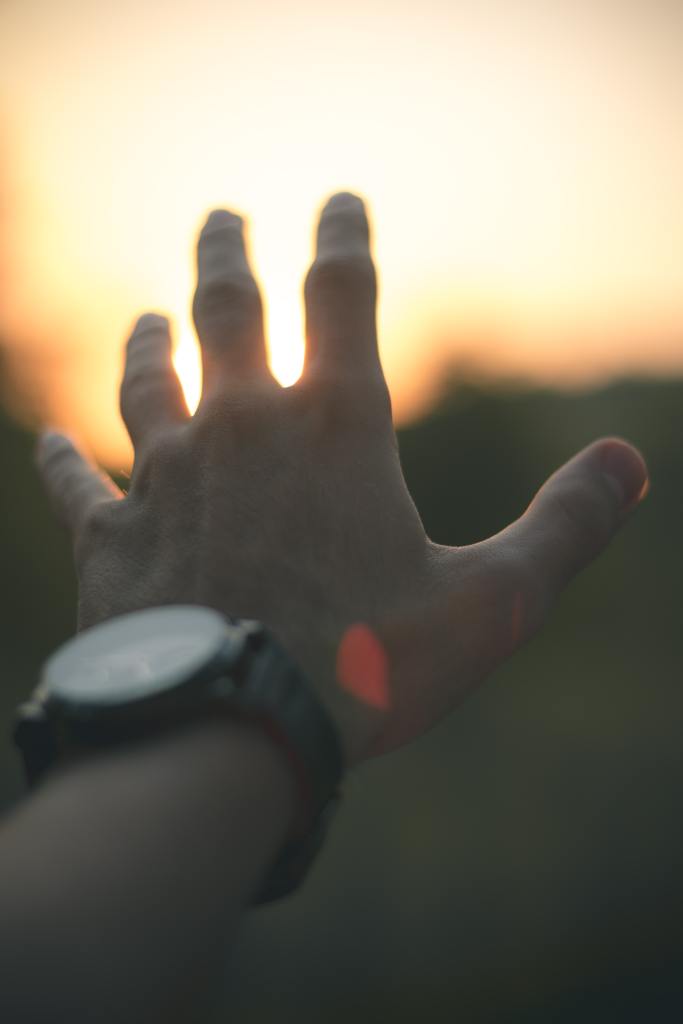
Life is full of changes. Change is one constant you can count on always being there. Things happen and you have a choice to make. Whether to accept the changes or not. My injured right middle finger has led to some adaptations in my daily life. I have been using my left hand a lot more than usual. I have had to count on it for many of the things I do daily. For example, I have had to modify my showering and toileting. The application of armpit deodorant and body moisturiser was difficult the first few times but the seldom used nerve pathways supplying my left hand have had to spring into action. Dishwashing and cooking have become newer left-handed experiences.
I have had to modify my typing style. Have I consciously avoided typing the word ‘milk’? Or was it another symptom of my adult lactose intolerance? Problems of this ilk never troubled me before. Likely they will disappear once the finger has healed. I hope it will heal and I am not left with a permanent disability. I’ve had to perform physical examinations with my left hand. What other effects has this partial left-handedness had on my brain?
How would it feel to permanently lose body functions? These are situations which my patients have to grapple with. Incurable illness can lead to permanent loss of ability – disability. This may lead to the permanent loss of jobs and other important life roles. The losses all add up and add to the burden of suffering. When your actual whole person is threatened, and life as you knew it will never fully return. Each loss is grieved over and may or may not be accepted. A distressed physical body affects the emotions, affects the spirit, and affects your family/community. The ripples can affect many people in the wake of the initial insult.
How do people stop themselves from falling into despair when there is nothing guaranteed apart from ongoing deterioration? Some people cope well, others don’t cope at all, and most people are somewhere in between. A rock and a hard place? They need help, guidance and optimisation of community support. What can be done to make life less difficult? Which services or staff members need to be involved?



